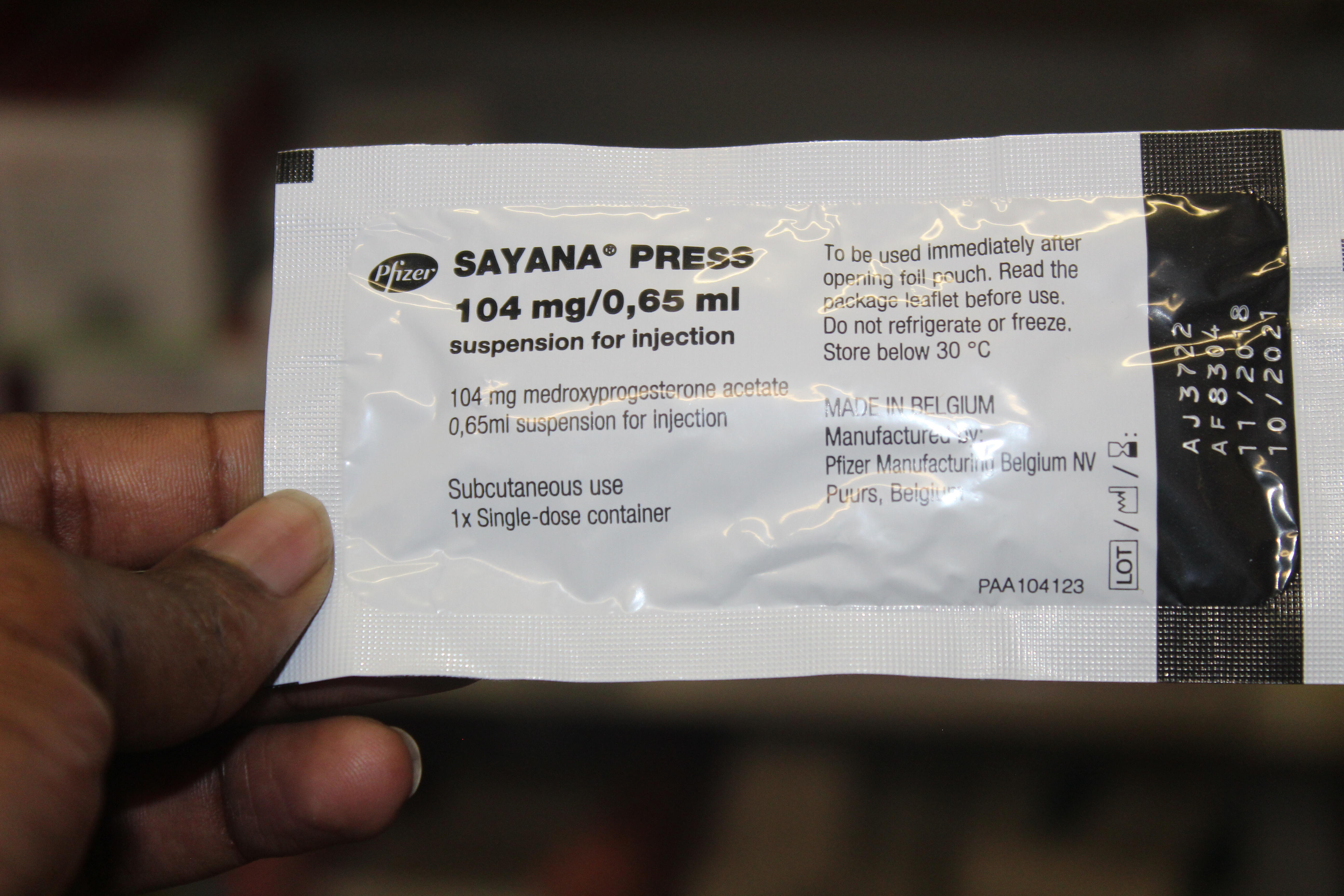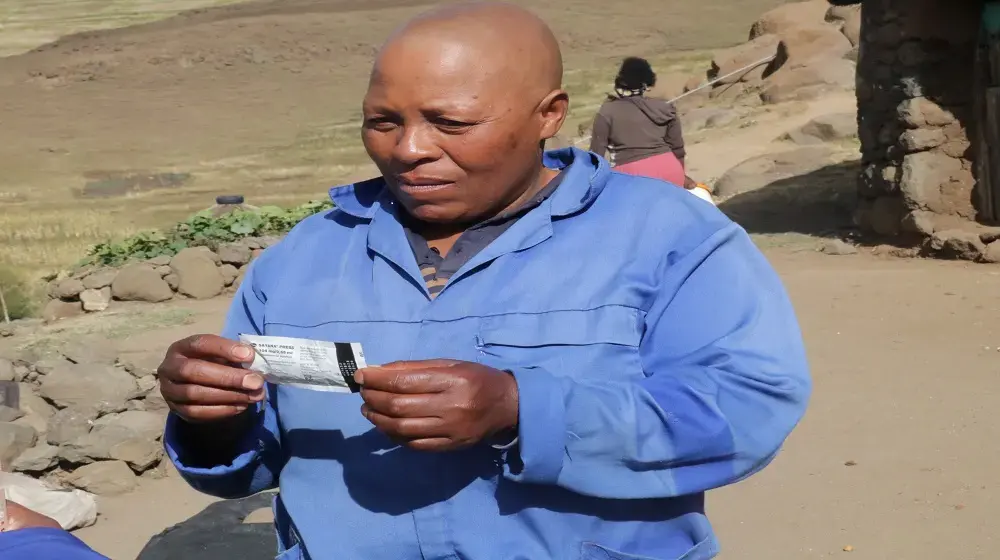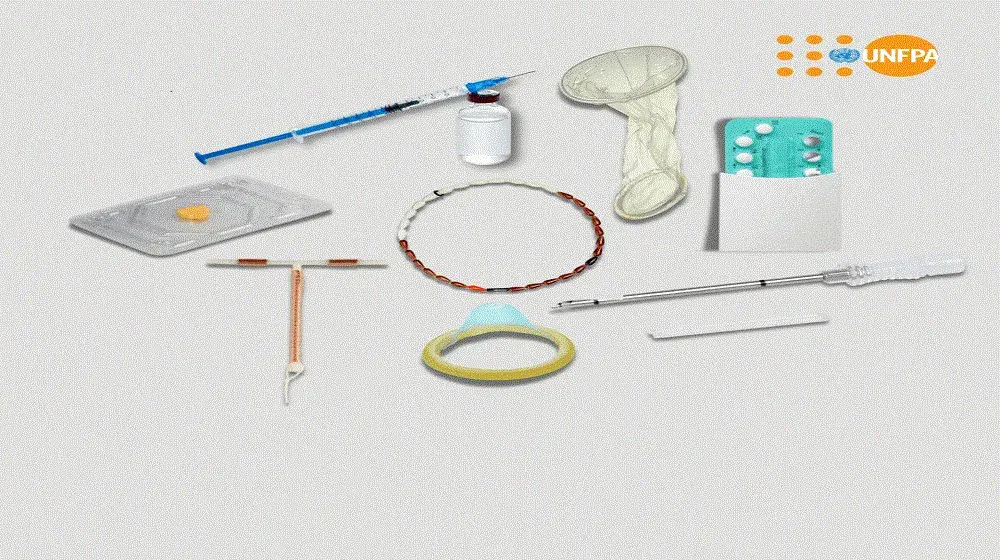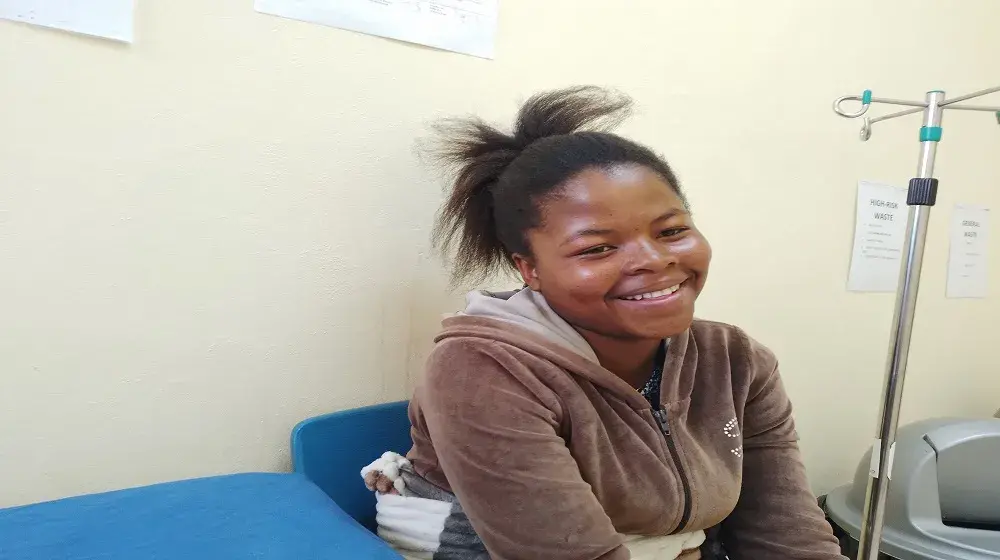Due to the COVID-19 pandemic, Lesotho experienced a 14 per cent decline in family planning coverage in certain districts in 2020, compared to 2019, with one district registering a significant 40 per cent drop.
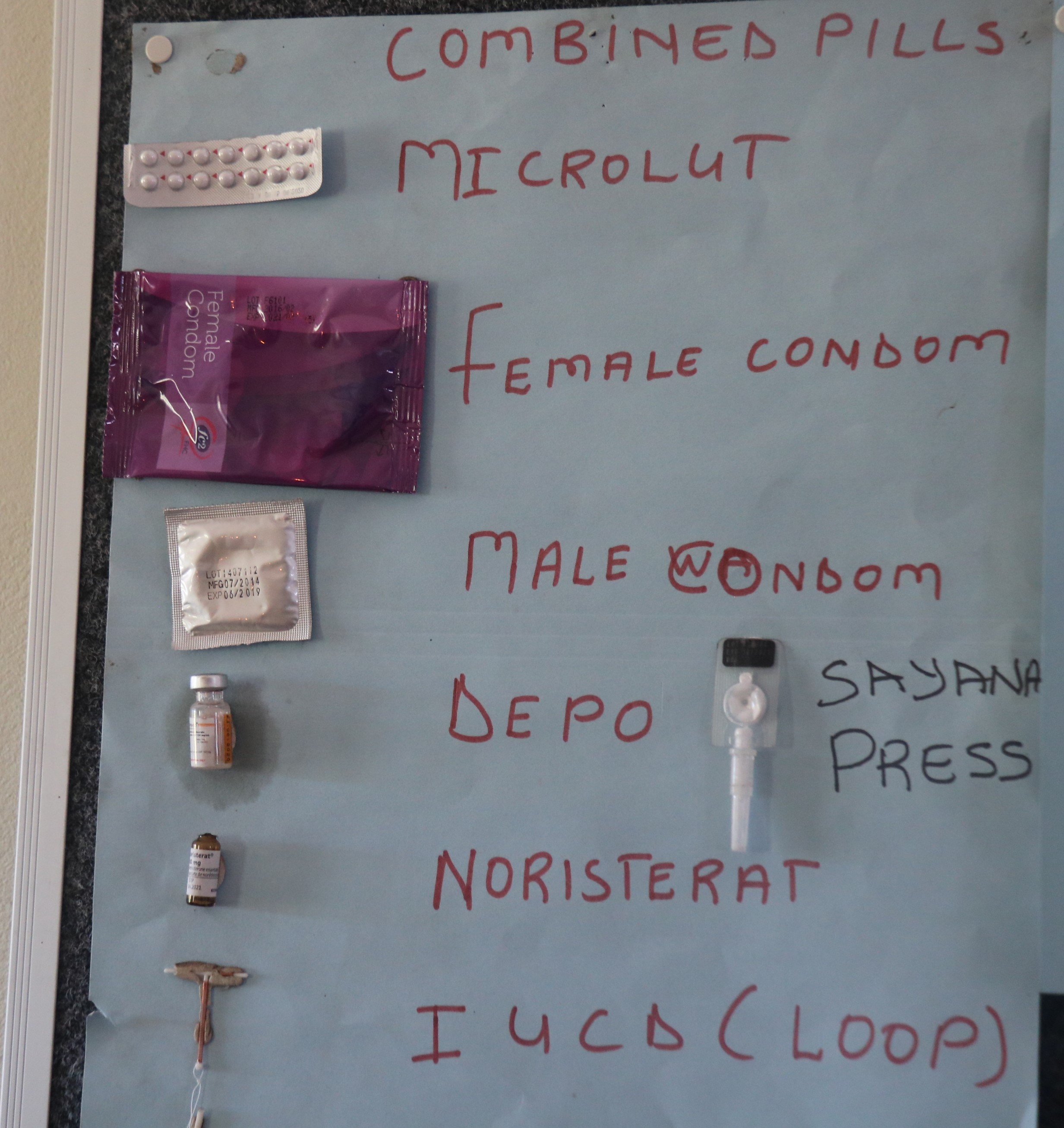
This was shown by an analysis of data from the District Health Management System (DHMS2), undertaken by UNFPA, the United Nations sexual and reproductive health agency. COVID-19 restrictions as well as a strike by health-care providers in July 2020 due to a lack of personal protective equipment (PPE) impacted the uptake of family planning services last year. In addition, it was noted that health workers did not consider family planning services an essential service during the lockdown.
Access to family planning is a fundamental right that lies at the heart of two of UNFPA’s transformative goals, which are to end preventable maternal death and unmet need for family planning.
The most significant drop in access to services was noted in Quthing, which saw a 40 per cent decline in family planning visits from March to July 2020, compared to 2019. Districts where these services were poor prior to the lockdown showed the greatest decline as a result of lockdown measures.
UNFPA supports the government to reduce unmet need for family planning, currently estimated at 18 per cent. Access to and use of contraception is an important strategy to reduce maternal mortality in the country.
Dr. Marc Derveeuw, UNFPA Representative for Lesotho, said that access to family planning is a fundamental right that lies at the heart of two of UNFPA’s transformative goals, which are to end preventable maternal death and unmet need for family planning. The best method for overcoming the decline in family planning as a result of the COVID-19 lockdown is to invest in long-term methods, such as implants, IUDs and injectables, he said. To this end, UNFPA is to step up the roll-out of Sayana Press, which has proven to be a successful method for reducing unmet need for family planning.
The Government of the Kingdom of Lesotho has shown its commitment to sexual and reproductive health by starting to procure family planning commodities from the national budget in 2020.
“UNFPA will continue to avail resources to support efforts towards ending the unmet need to family planning in Lesotho,” he said.
UNFPA works to support family planning by ensuring a continuous, reliable supply of quality contraceptives, strengthening national health systems, advocating for policies supportive of family planning, and gathering data to support the impact of the programmes.

